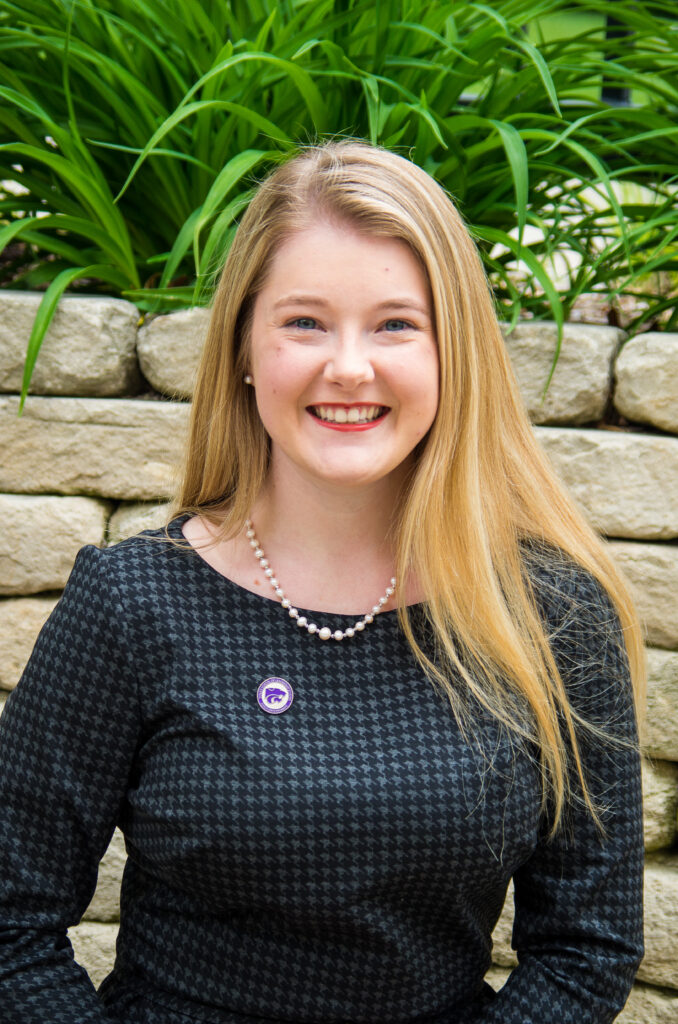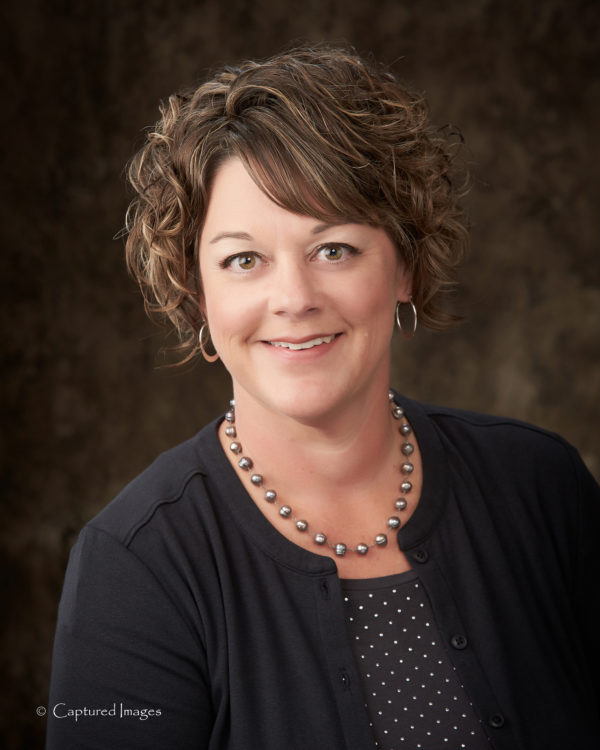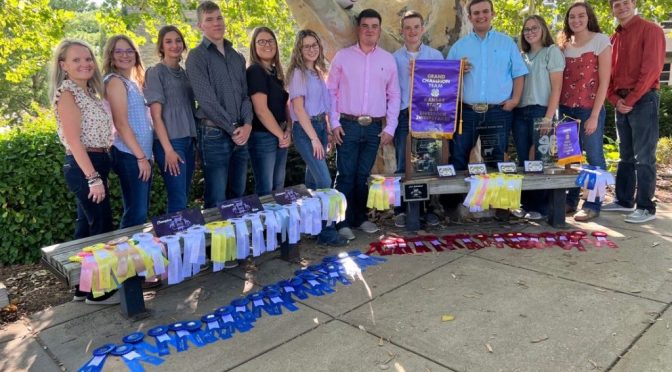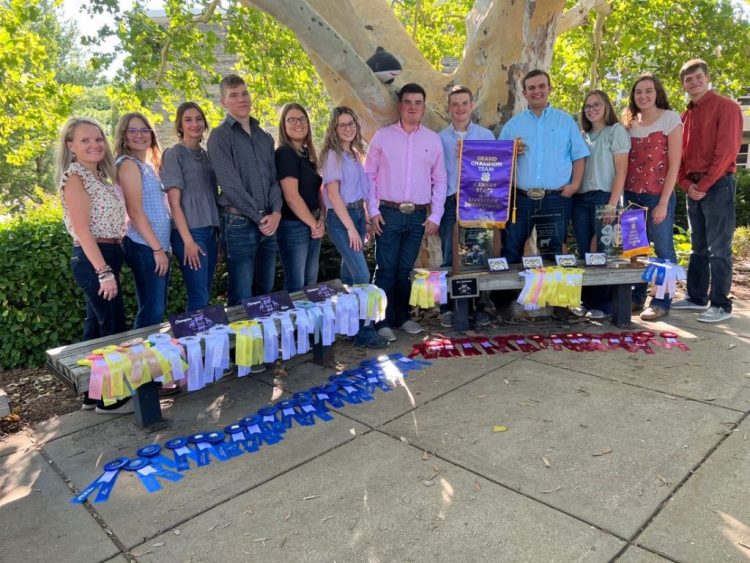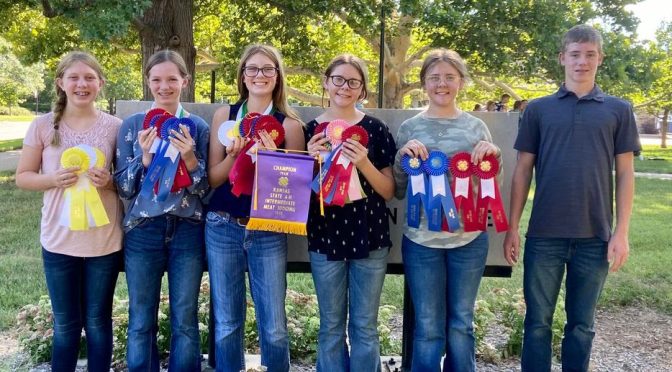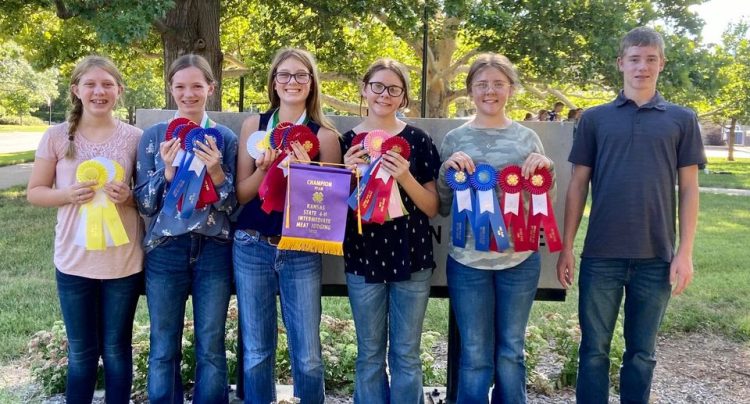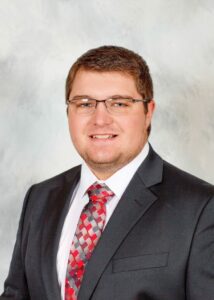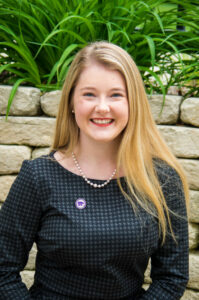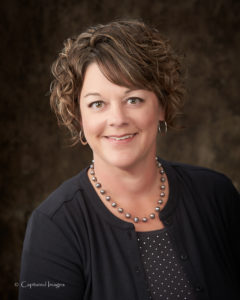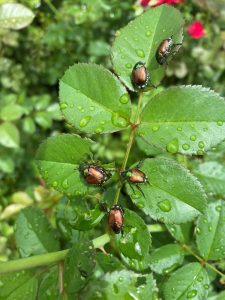Resources and Action Steps for Suicide Prevention Month
By Clara Wicoff
Southwind Extension District
Two weeks ago, I attended an agent update in Manhattan where I was presented with some sobering statistics about youth depression and suicide in the state of Kansas. According to a 2022 report from the Kansas Communities That Care student survey, nearly one in three youth surveyed in Kansas responded “yes” when asked if they had ever seriously thought about killing themselves. Youth are not alone in this.
According to that same report, suicide is the ninth leading cause of death in our state (and the second leading cause of death for those aged 15 to 34).
With the month of September designated as Suicide Prevention Month and September 10th designated as World Suicide Prevention Day, it is an appropriate time to review some of the wellbeing and mental health resources available to you as well as some of the action steps we can all take to help prevent suicide.
First of all, contact the 988 Suicide & Crisis Lifeline if you or someone you know is in need of immediate assistance. You can call or text 988 or chat at 988lifeline.org/chat. This free service is available 24 hours a day, 7 days a week in the United States.
Kansans working in agriculture may also benefit from the resources available at KansasAgStress.org. This webpage has a list of resources compiled to help Kansas farmers, ranchers, and their families with their wellbeing.
In addition to being aware of available resources, what else can we do to help prevent suicide this month and beyond?
According to the 988 Suicide & Crisis Lifeline, we can all take action by talking about suicide and following up with loved ones.
#BeThe1To is the Lifeline’s five-step message for communicating with someone who may be suicidal.
The five #BeThe1To steps are: Ask, Be There, Keep Them Safe, Help Them Connect, and Follow Up. Start by asking if they are thinking about suicide. Listen to their answers, while never promising to keep their thoughts of suicide a secret. Secondly, be there for them. Next, help keep them safe by putting time and distance between the individual and their chosen method for a suicide attempt. Help them connect with ongoing supports (such as the 988 Suicide & Crisis Lifeline as well as resources in their community). Finally, follow up to see how they are doing.
While this is a brief overview, you can learn more about these five crucial steps at bethe1to.com.

